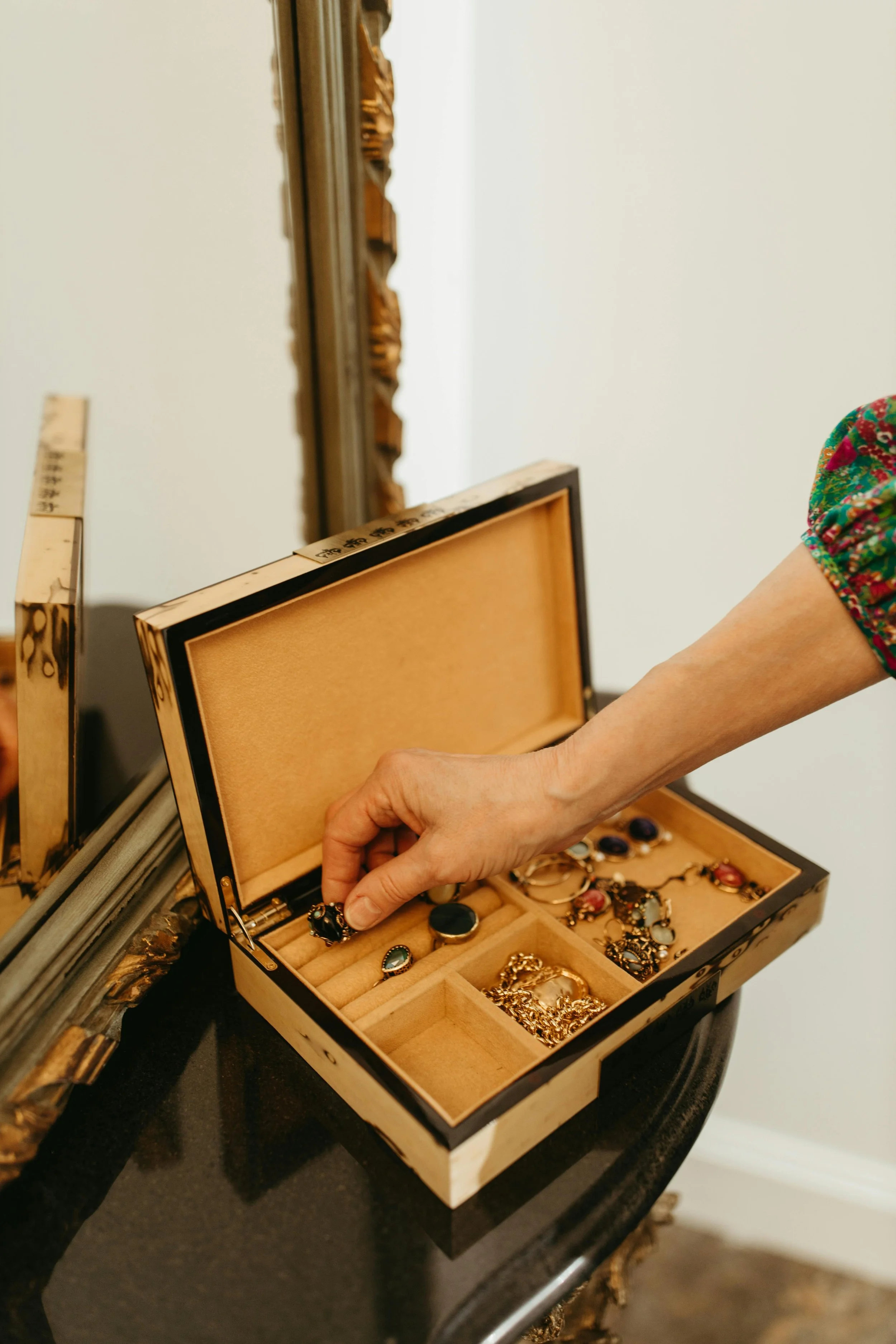Identifying A Real Date From An Online Scam
By PAGE Editor
Finding a real, genuine connection in the world of online dating doesn’t come without its own set of traps, unfortunately. That’s why it’s so fundamental to search through the digital world carefully, keeping our information safe from cybercriminals.
All we want is to meet someone special and not have to deal with a scammer. Unfortunately, research has proven that romance scams are one of the, with $304 million in losses.
So… how can we tell one from the other?
That’s why we wrote this article. Let’s dive into identifying online scammers and making sure our dating experience is both safe and thrilling.
What are the signs of a real date?
According to research, 1 in 4 people (27%) think they are unlikely to be a target of cybercrime. Nobody likes to think of themselves as victims of an online romance scam, but it never hurts to prevent it from ever happening in the first place. Here are a few tips to consider.
Keeping a genuine conversation going
People who want to date you will have conversations that go beyond the surface-level topics everyone talks about.
They will share personal experiences, ask questions, and show interest in getting to know you better.
Consistent communication
If you want to build a real relationship, you need to be consistent. When someone gives half-hearted, barely believable excuses to disappear for days, they’re not being truthful.
Chances are they’re a real person and not particularly interested in you, but why risk it?
They want to verify you, too
Verifying the other person’s identity before a date is mandatory when you’re on dating apps, and when someone doesn’t want to do it, it’s a red flag, no matter if they’re a scammer or not.
Genuine people will not have a problem, and they will ask you for a video call or social media accounts as well.
They respect your boundaries
Genuine and honest people care about your boundaries, and they don’t disrespect them. They won’t pressure you into things you’re not comfortable with, and that’s very important.
Be cautious of people who try to overcome your boundaries time and time again.
What are the red flags of romance scammers?
Knowing these might help you avoid falling for horrible people.
1. They seem too good to be true
Profiles that are too perfect or conversations that almost feel scripted are cause for alarm. Scammers often try to flatter you into lowering your guard.
2. They ask for money
This is a very blatant red flag: scammers want money sooner rather than later. They will ask for it, and they will become insistent after a while. Never, ever send money to someone you’ve just met online.
3. They won’t answer your questions
Romance scammers don’t like to talk about themselves, and they will be as vague as possible while trying to keep you intrigued. If they dodge the same questions every time, it’s cause for alarm.
Protecting yourself from romance scams
Trust your instincts: if you feel like something is off, it probably is. Don’t discard your gut feelings.
Don’t share sensitive information that can be used against you: and never, ever share financial details with people you’ve never met in real life. Learn more about VPNs and get one if you can.
Research: the best weapon against scammers is knowledge. Look up your potential date, stalk their social media a little bit, and look out for any inconsistencies.
Don’t give out your phone number or social media accounts: only until you’re very comfortable with them.
To sum up: stay safe while looking for love online
Yes, finding love online is a challenge, but it can also become very rewarding, provided you know how to take care of yourself.
If you recognize the signs of someone trying to scam you, don’t give them second chances: they’re not good people to be around.
Genuine connections take time to develop into love, so don’t rush head-first into something that isn’t real.
HOW DO YOU FEEL ABOUT FASHION?
COMMENT OR TAKE OUR PAGE READER SURVEY
Featured










Tap to read…